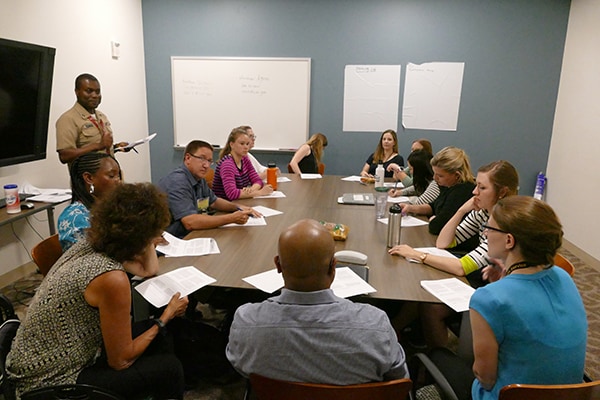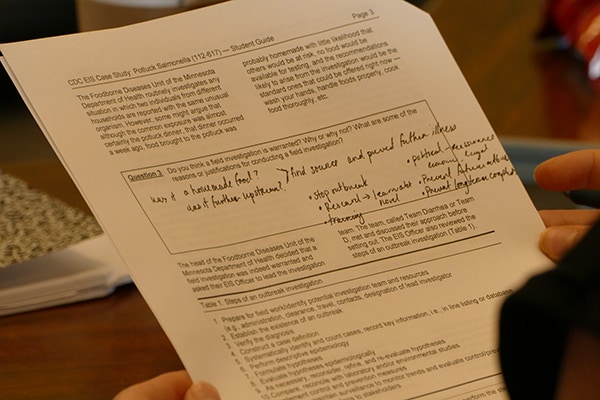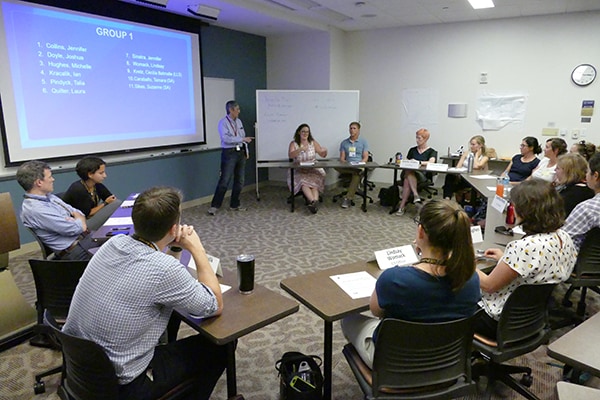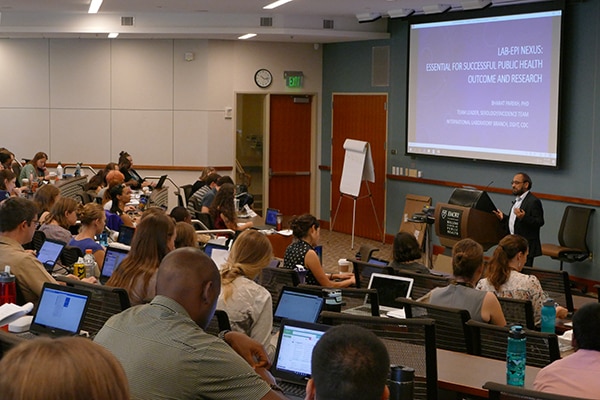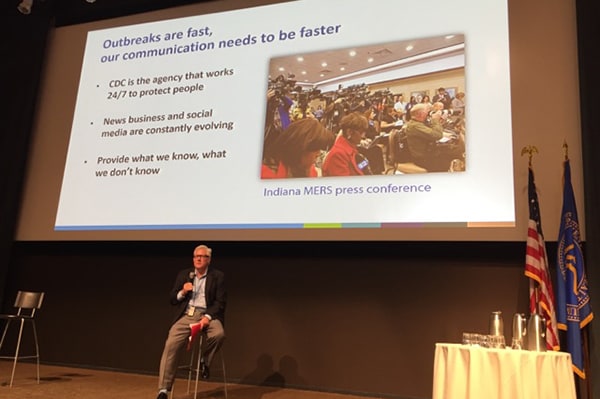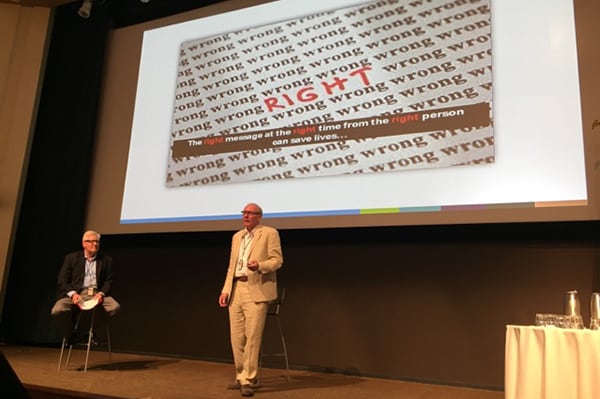What We Learn
During this 2-year hands-on service fellowship, EIS officers serve our country while learning applied epidemiology and gaining practical skills to become future public health leaders.

About 10% of EIS training occurs through a rigorous mix of small and large group classroom instruction, case studies, exercises, and e-learning. About 90% of the training is provided through hands-on assignments under the guidance of seasoned mentors and supervisors (usually EIS alumni).
Training activities include:
| Timing/duration | For which officers? | Training topics covered |
|---|---|---|
| 1-month summer orientation course (July) |
1st year | in-depth information and guidance on an array of topics such as federal employment protocols/expectations, fellowship competency requirements, investigating outbreaks, conducting epidemiologic research and surveillance, evaluating surveillance systems, analyzing data, risk communication, racism as a public health issue, collaborating with state/local health departments, and more |
| 1-week fall course (October) |
1st year | effective written and oral communication, data visualization, presentation development and delivery, communicating with news media |
| 1-week summer course (August) |
2nd year | leadership, scientific writing, career development and networking opportunities, health equity seminar |
| EIS Conference (April/May) |
1st & 2nd year | EIS officers present their work in oral presentations, engage in media interviews, career networking |
| Throughout fellowship | 1st & 2nd year | ongoing opportunities to learn about the investigative work of EIS officers at CDC’s internal Tuesday Monthly Seminars and to receive additional instruction at monthly Tuesday Training Sessions |
On-the-Job training activities involve:
- Applying epidemiologic skills in assigned public health projects, such as infectious and noninfectious disease, global health, injury prevention, environmental health, and occupational health
- Deploying as a ready responder to CDC’s Emergency Operations Center or field site to provide epidemiologic assistance for disease outbreaks and other urgent public health threats, and to provide disaster relief following natural and industrial events
- Collaborating with multidisciplinary experts across and within CDC, other public health agencies and partners
- Meeting routinely with supervisor(s)
- Consulting with mentors, supervisors, and other seasoned professionals within the EIS network
For more information about EIS officers’ fellowship experiences, visit the EIS Hear Our Stories web page.
